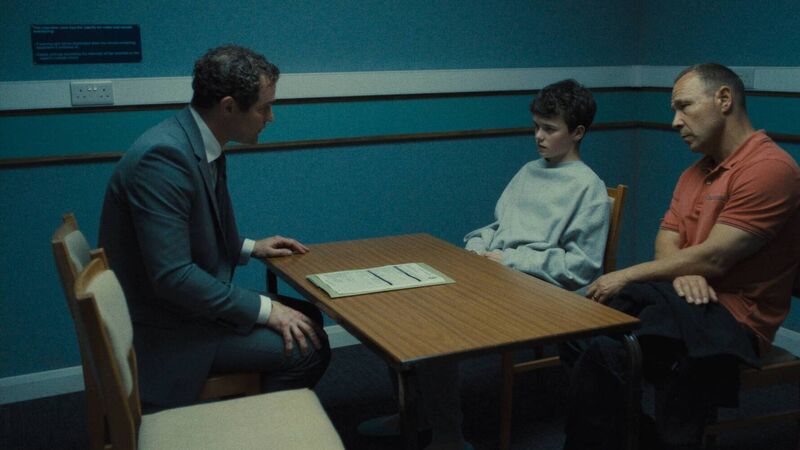Séamas O'Reilly: The strength and horror of Adolescence is how much we have to learn

Mark Stanley as Paul Barlow, Owen Cooper as Jamie Miller, and Stephen Graham as Eddie Miller in Adolescence.
Writing a weekly column often means having to qualify previous statements, shortly after making them. So, a week after you thought you’d heard the end of my opinions on modern masculinity, Netflix’s arrives to put me back on my soapbox. A show so good that it forces me, for the second time in three weeks, to declare that the best TV show of 2025 has arrived.






